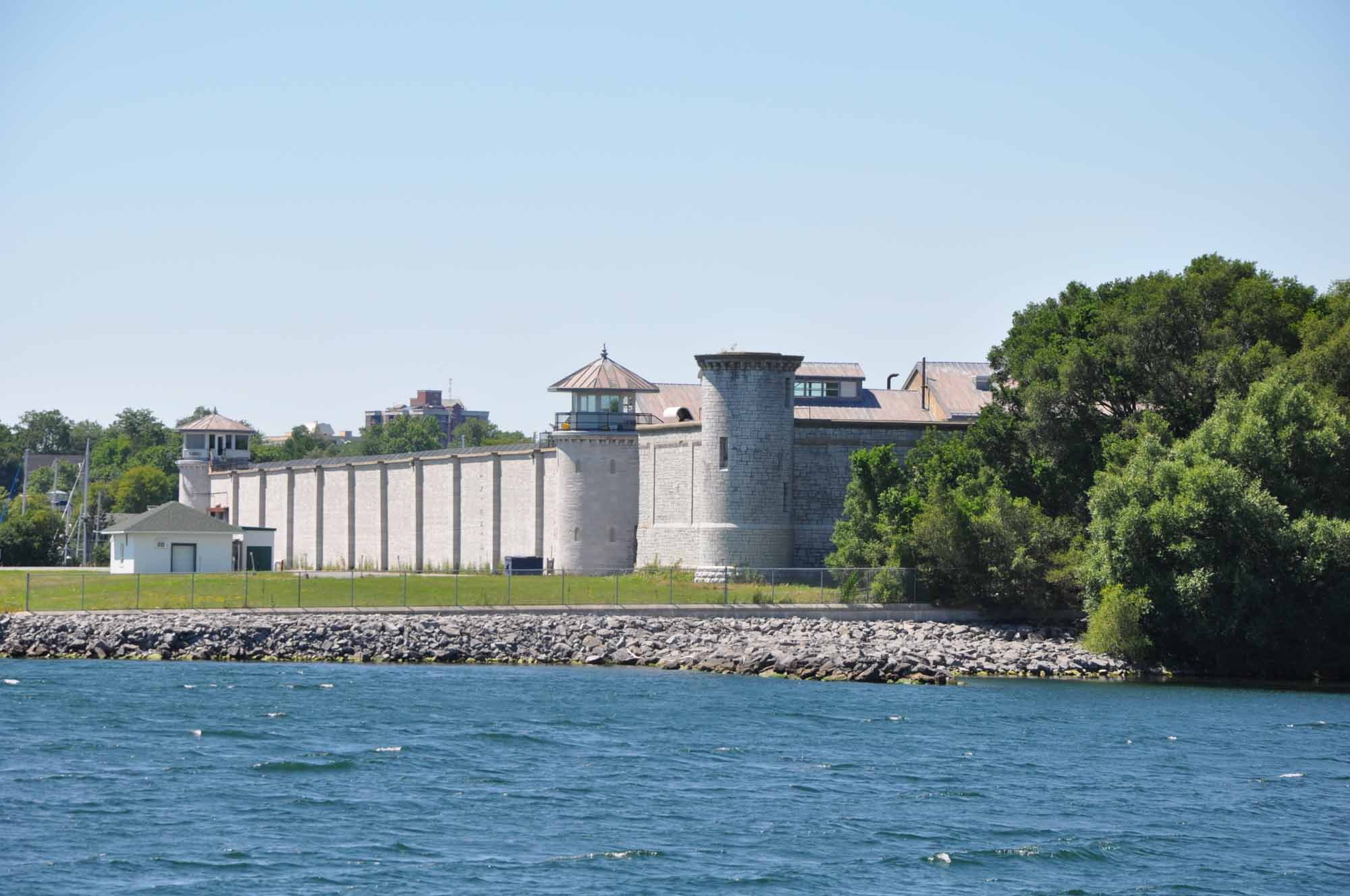Article
Restitution (Legal)
Restitution is a legal response calculated to take away a gain or enrichment that is considered to be inappropriate. It developed to address situations of unjust enrichment that were not adequately addressed by the laws of tort or contract.








